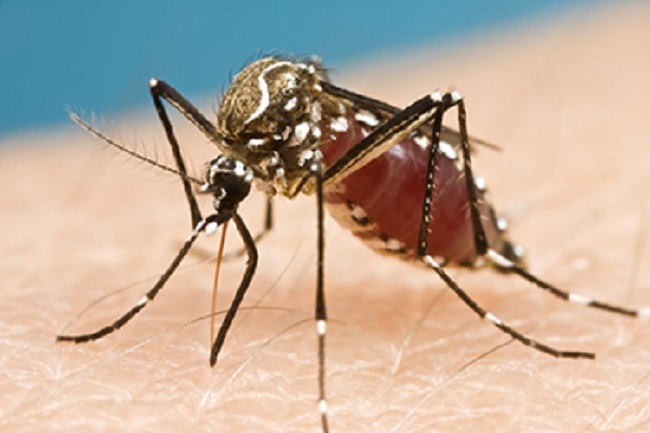“Zika is now here,” said Dr. Thomas Frieden, director of the U.S. Centers for Disease Control and Prevention, Saturday.
Although many Americans had brought back infection from abroad already — over 1,600 known cases — until several infected people were recently tested for other transmission methods, no known cases of U.S. mosquito-borne Zika had existed, although it had been known that mosquitoes in the south of the country could carry the virus.
So far four Americans have been found to have contracted the virus by mosquitoes in the Miami area.
Health officials have said they do not expect infection to be as widespread as it has been in other countries because of better sanitation, mosquito control and use of window screens.
The biggest health concerns are for pregnant women.
“If I were a pregnant woman right now, I would go on the assumption that there’s mosquito transmission all over the Miami area,” warned Dr. Peter Hotez, a tropical medicine expert at the Baylor College of Medicine in Texas.
In addition to four confirmed cases, medical authorities have said they expect there are many others already infected — and not just in Florida.
“This is not just a Florida issue. It’s a national issue – we just happen to be at the forefront,” said Governor Rick Scott.
